AD Tank Contamination Test & Analysis
AD Tank Contamination Test & Analysis
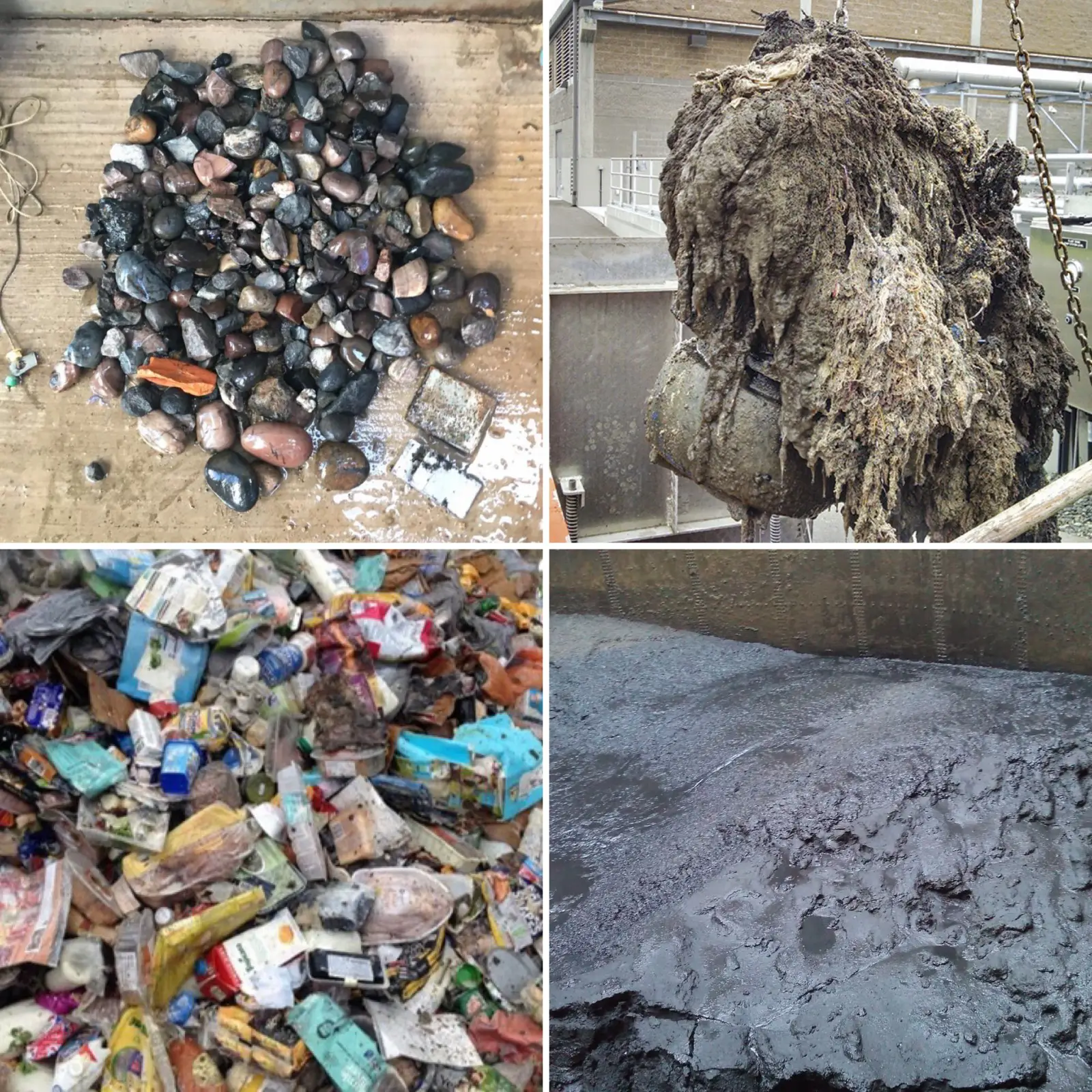
The research team at Marches Biogas have recently developed a new method for sampling and analysing the contamination levels within AD process tanks over time. The results show the mass & type of contamination residing within each process vessel. This informs the plant management team where improvements need to be made to maximise contamination removal within the feedstock, or ensure that it passes through the plant with minimal accumulation.
Regular samples are taken from each stage of the process by site operators and sent to the Marches Biogas Laboratory. The samples of substrate, digestate or liquor are then weighed out and, via a specific washing process, the high density contaminants are settled out whilst the low density contaminants rise to the surface and are removed.
The resultant contamination is then dried and weighed into the following categories:
- High density organic contamination e.g. fruit stones, eggshells, wood, bone
- High density inorganic contamination e.g. plastic, stones, grit, ferrous and non-ferrous metals
- Low density organic contamination e.g. corn starch bags, cork, cardboard
- Low density inorganic contamination e.g. plastic, cellophane, foil
The data generated is then combined with site data of tonnes of feedstock and the volume of material moving through each tank. The resultant analysis shows the mass & type of contamination within each vessel for each sample set and as an accumulated total over time.
The contamination retention and removal from each vessel can vary over time and depends upon many factors including the density of the contamination, tank mixing efficiency and seasonal variation of inputs.
This innovative method of analysis is non-intrusive to the ongoing process and provides valuable data on the location and type of contamination accumulating, allowing improvements to be planned and undertaken with minimal downtime. Contact us if you would like to learn more about how this analysis could help you project.
This innovative method of analysis is non-intrusive to the ongoing process and provides valuable data on the location and type of contamination that is accumulating, allowing improvements to be planned and undertaken with minimal downtime.
More Articles
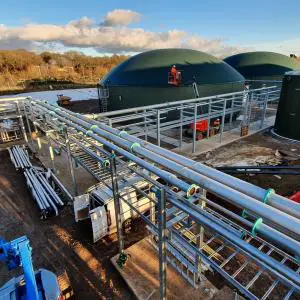
Re-Gas Energy Ltd Design & Plant Expansion
Re-Gas Energy Ltd operate an energy crop and food waste anaerobic digestion facility near Basingstoke. Marches Biogas…
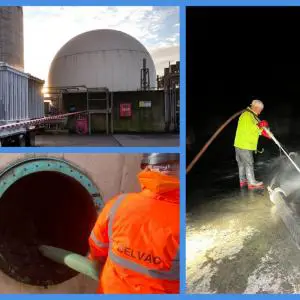
Afan WwTW, Digester Degrit and Tank Inspection
Dŵr Cymru Welsh Water (DCWW) engaged Marches Biogas to manage the decommissioning, pump down, grit removal, tank inspection…
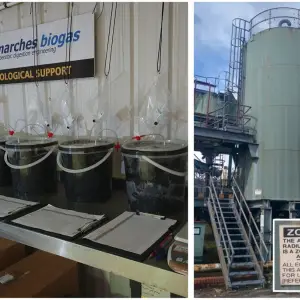
Silo Headspace Safety Concerns
Marches Biogas specialises in anaerobic digestion engineering including gas safety. We have been working with a number…
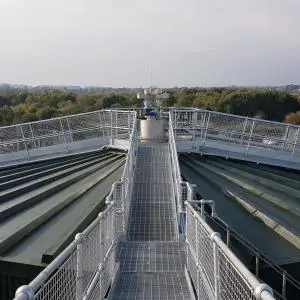
Eign WWTW Digester Refurbishment
In January 2016, as part of a routine inspection one of the digester tanks at Eign WWTW was found to have damage to the …
